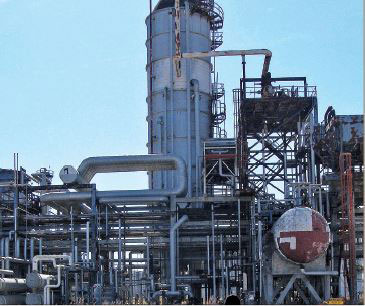×
The Standard e-Paper
Stay Informed, Even Offline
 |
| The oil refinery in Changamwe, Mombasa. Industry players have been complaining that the refinery is inefficient. [PHOTO: FILE] |
By ALPHONCE SHIUNDU
Kenya: The country’s oil refinery is old and cannot satisfy the petroleum needs of the East Africa region, the Government’s sole oil marketer told MPs Thursday.